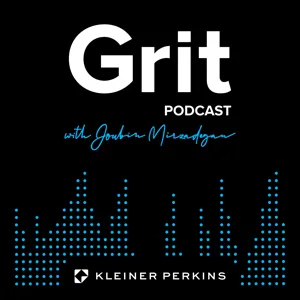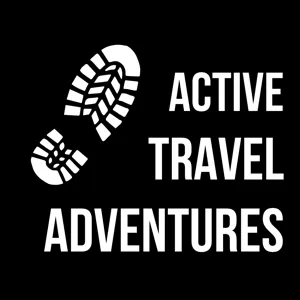#181 CEO Transcarent, Glen Tullman: Problem Solving

Guest: Glen Tullman, CEO of Transcarent
Before he was CEO of Transcarent, Glen Tullman presided over the biggest digital health merger of all time: His previous company Livongo was acquired in 2020 by Teledoc for $18.5 billion. Over his decades of experience in health tech, he has developed saying: Hire low, fire high. When one of his friends was offered a job and said he wanted to consider another offer, Glen withdrew Transcarent’s offer because he didn’t want to be the highest bidder — in other words, hire low. But whenever he has to let someone go, he sees it as his responsibility to “help them go off and do something else that’s great, and be successful.” Firing and replacing executives, he said, is “just part of growing ... it doesn’t have to be ugly.”
In this episode, Glen and Joubin discuss conservative values, John Doerr, Teledoc, failures of leadership, Steve Case, Bill Gates, changing expectations, Travis Kalanick, incentive bonuses, Bucknell University, massive layoffs, criticizing in public, anonymous charity, cycling events, Michael Jordan, Bill McDermott, Barack Obama, private jets, and hiring without titles.
In this episode, we cover:
- (01:11) - How Glen splits his time
- (03:55) - Looking back and leaving Livongo
- (09:03) - Would he do it again differently?
- (13:42) - Energy at work
- (18:00) - Failure and starting over
- (21:16) - What Transcarent does
- (25:29) - Taking on the system and stress
- (30:33) - Turning Allscripts around
- (33:48) - “We educated you to make a difference”
- (38:06) - The birth of electronic prescriptions
- (42:52) - Hire low, fire high
- (47:47) - Radical honesty
- (53:04) - Charitable efforts
- (57:55) - Glen’s competitive childhood
- (01:00:55) - His family and priorities
- (01:08:24) - Would Glen go into politics?
- (01:12:32) - “I hate to sleep”
- (01:15:06) - Peloton meetings
- (01:17:32) - Trading money for time
- (01:24:11) - Sharing credit
- (01:25:54) - Who Transcarent is hiring
- (01:28:05) - What “grit” means to Glen
Links:
- Connect with Glen
- Connect with Joubin
- Learn more about Kleiner Perkins
- This episode was edited by Eric Johnson from LightningPod.fm


